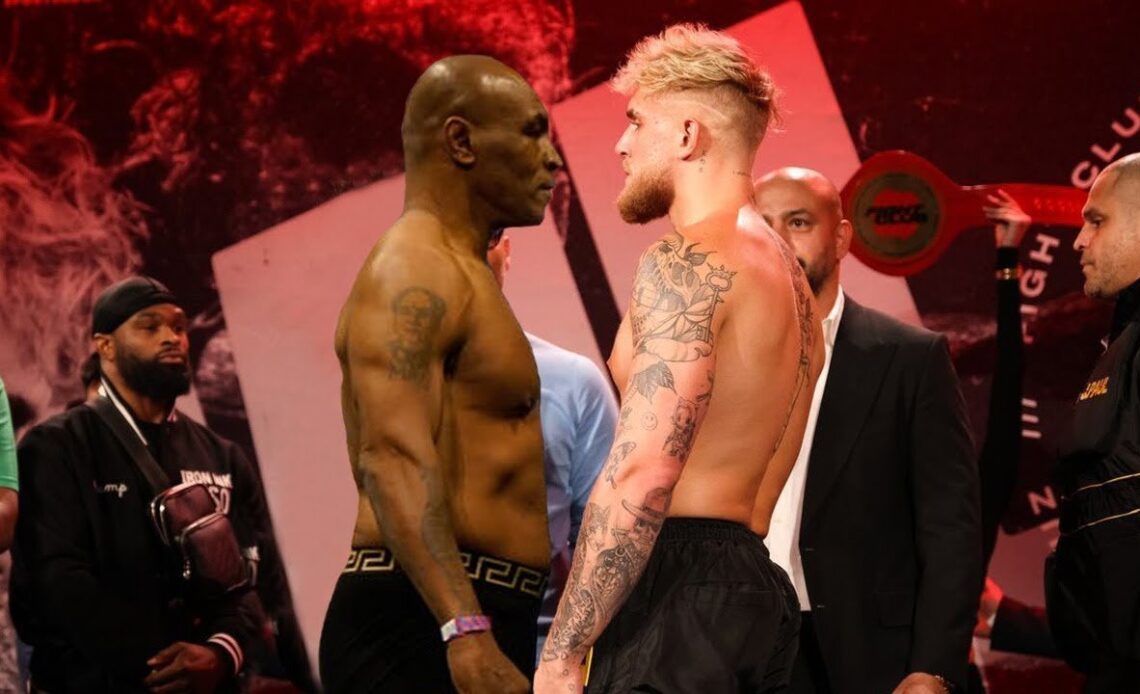In the ever-evolving world of combat sports, controversies and rumors often swirl around high-profile matchups. Recently, legendary heavyweight champion Mike Tyson found himself at the center of such a storm when allegations of match-fixing emerged concerning Jake Paul’s latest boxing bout. After weeks of silence amidst mounting speculation, Tyson finally addressed the accusations head-on, issuing a strong rebuttal to clear his name and set the record straight. His statement not only sheds light on the situation but also reignites discussions about integrity, transparency, and the blurred lines between entertainment and sport in modern boxing.
Celebrity boxing has become a cultural phenomenon over the past few years, blending athleticism with entertainment in ways that captivate millions of viewers worldwide. Figures like Jake Paul, Logan Paul, and even YouTubers-turned-boxers have redefined what it means to step into the ring, drawing audiences far beyond traditional boxing fans. These events are as much about spectacle as they are about competition, often accompanied by dramatic storylines, trash talk, and larger-than-life personalities.
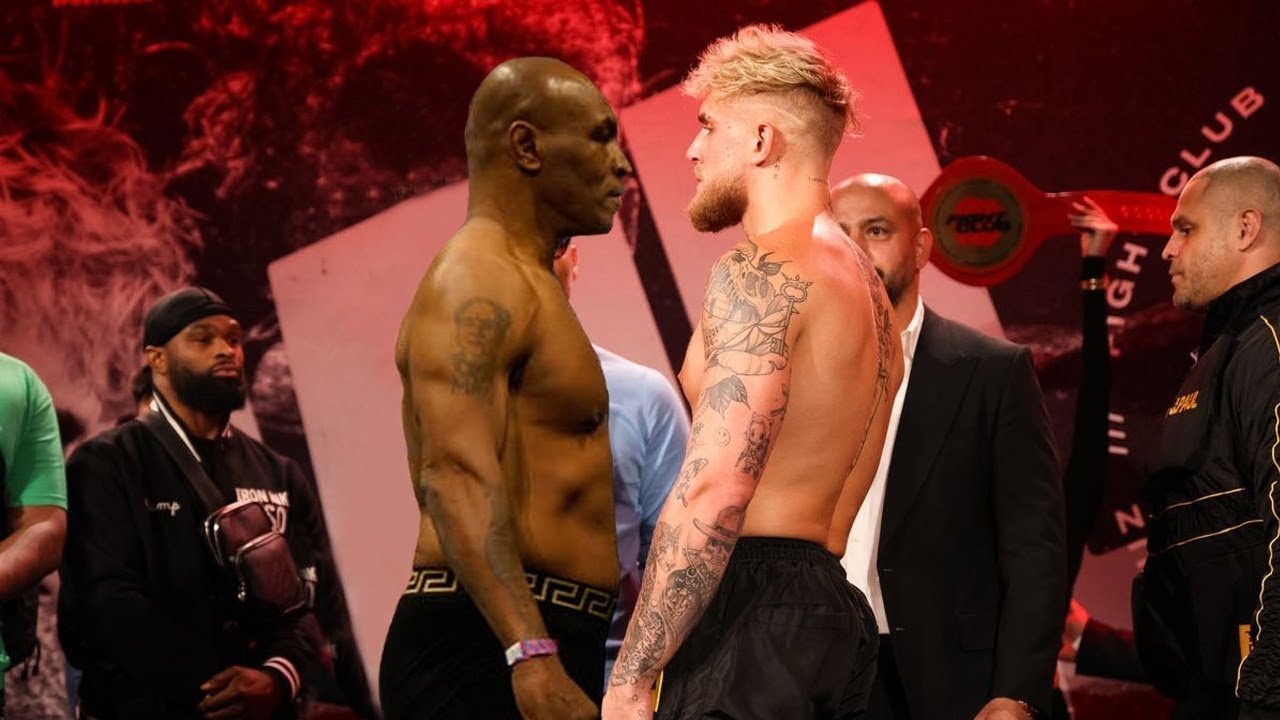
However, this fusion of entertainment and sport has also sparked debates about legitimacy. Critics argue that celebrity boxing lacks the rigor and authenticity of professional bouts, making it susceptible to manipulation or staged outcomes. When rumors surfaced linking Mike Tyson—a towering figure in boxing history—to alleged match-fixing in Jake Paul’s recent fight, it sent shockwaves through both the boxing community and the general public. For many, the mere suggestion seemed unthinkable, given Tyson’s storied career and reputation for toughness. Yet, the whispers persisted, prompting Tyson to break his silence.
After weeks of staying quiet amid swirling rumors, Mike Tyson took to social media to address the allegations directly. In a video posted on his official channels, Tyson expressed frustration over the baseless claims and emphasized his commitment to upholding the integrity of the sport he loves. “I’ve dedicated my life to boxing,” he said. “To accuse me of being involved in something as dishonest as match-fixing is not only disrespectful but completely false.”
Tyson went on to explain that while he respects Jake Paul’s ambition and work ethic, he had no involvement in the planning, execution, or outcome of Paul’s fights. He clarified that his relationship with Paul is purely professional and based on mutual admiration rather than any ulterior motives. Tyson also called out those spreading the rumors, accusing them of seeking attention and undermining the credibility of combat sports. His tone was measured yet firm, reflecting both his authority as a former champion and his desire to protect the legacy of boxing.
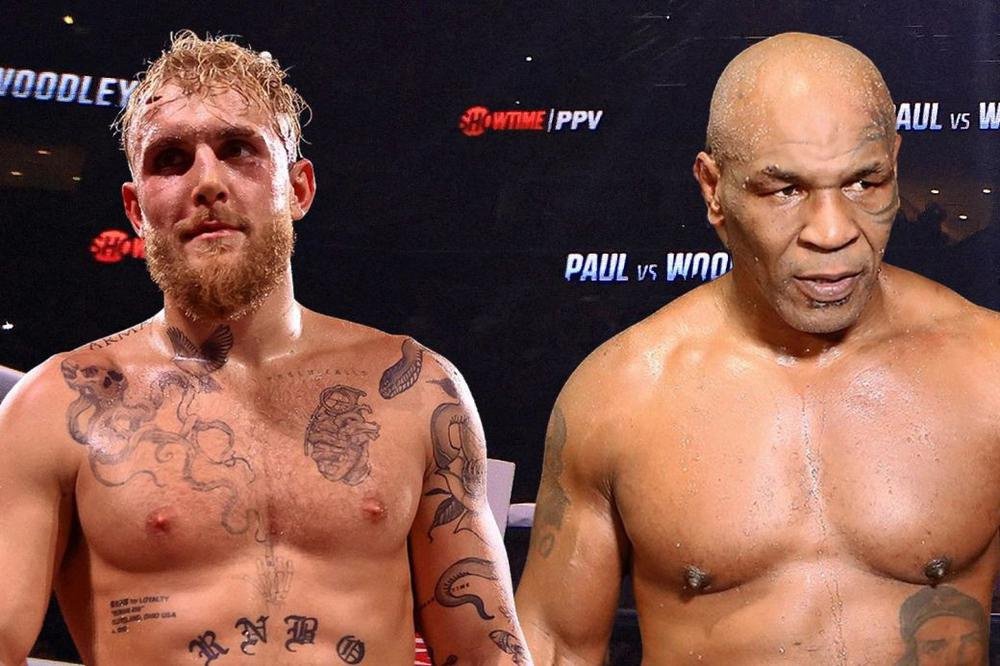
To fully grasp why these allegations gained traction, it’s important to consider the context surrounding Jake Paul’s recent bout. As a polarizing figure known for his brash personality and controversial antics, Paul has consistently divided opinion among fans and critics alike. While some applaud his dedication to improving as a boxer, others dismiss him as a novelty act capitalizing on his online fame. This divide creates fertile ground for conspiracy theories, especially when outcomes don’t align with expectations.
In Paul’s latest fight, which ended in a contentious decision victory, some observers questioned whether the result was predetermined. Social media buzzed with speculation, fueled by slow-motion replays, questionable judging calls, and Tyson’s apparent association with Paul’s camp. Given Tyson’s status as a global icon, any hint of impropriety involving him naturally drew intense scrutiny. However, without concrete evidence, these accusations remained speculative at best—a fact that Tyson highlighted in his response.
The controversy surrounding Tyson and the alleged match-fixing raises broader questions about the future of combat sports, particularly in the realm of celebrity boxing. On one hand, these events have brought unprecedented visibility to the sport, attracting new fans and generating substantial revenue. On the other hand, they risk diluting the essence of boxing by prioritizing drama over genuine competition.
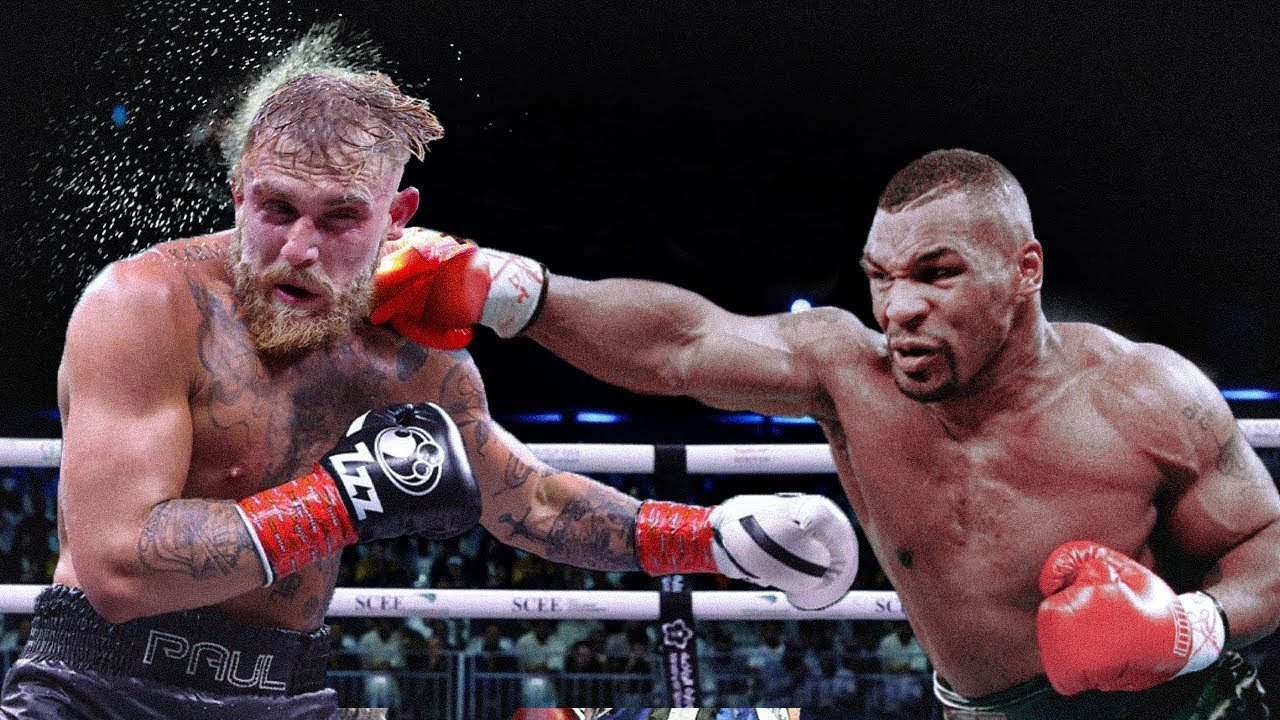
Match-fixing allegations, whether true or unfounded, erode trust in the sport and alienate purists who value fairness and skill above all else. For veteran fighters like Tyson, whose careers were built on hard-fought battles and undeniable talent, such accusations strike at the heart of their identity. They remind us of the delicate balance between maintaining tradition and embracing innovation—a challenge that the boxing industry must navigate carefully moving forward.
As expected, Tyson’s denial sparked widespread reaction across various platforms. Many supporters praised him for addressing the issue transparently and standing up against misinformation. Fans flooded comment sections with messages of solidarity, emphasizing their belief in Tyson’s integrity and his contributions to boxing. Some even pointed out that similar accusations have been leveled against other athletes throughout history, often without merit.
Conversely, skeptics remain unconvinced, arguing that Tyson’s denial doesn’t necessarily disprove the allegations. A vocal minority continues to demand further investigation, citing inconsistencies in how certain fights are judged and promoted. This division underscores the growing polarization within the boxing community, where opinions are increasingly shaped by personal biases and preconceived notions.
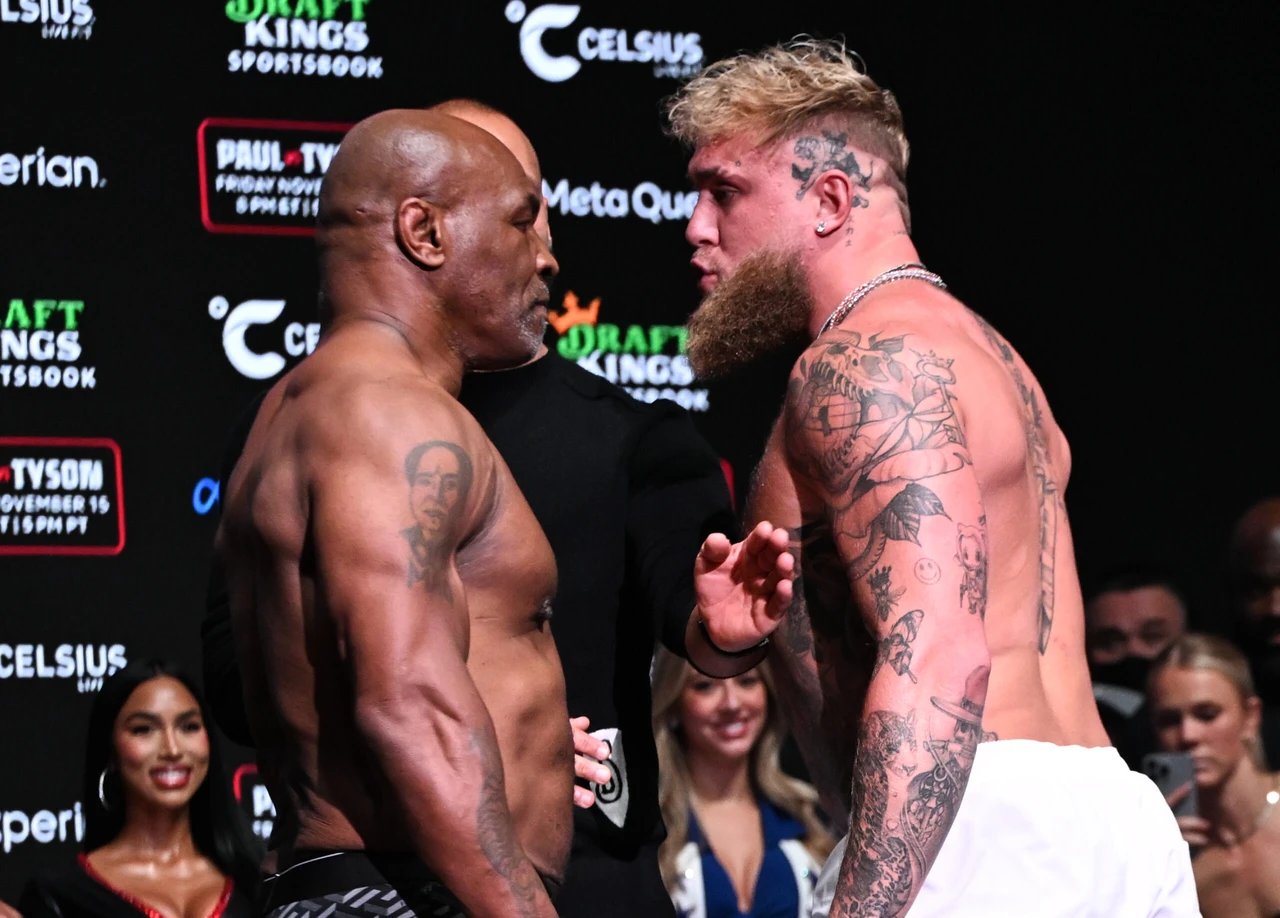
Media outlets have played a significant role in amplifying the debate, dedicating hours of coverage to dissecting Tyson’s statement and analyzing its implications. Talk shows, podcasts, and sports panels have debated whether celebrity boxing can coexist with traditional values or if it represents a slippery slope toward irrelevance. Regardless of where one stands, there’s no denying that Tyson’s response has kept the conversation alive, ensuring that the topic remains a hot-button issue for weeks to come.
History offers valuable insights into how controversies like this one impact the sport. One notable example is the infamous “Black Sox Scandal” in baseball, where players were accused of intentionally losing games for financial gain. Although unrelated to boxing, the scandal illustrates how match-fixing allegations can tarnish reputations and lead to long-lasting consequences for everyone involved.
Closer to home, boxing itself has faced numerous scandals over the decades, from fixed fights during the early 20th century to disputed decisions in modern times. Each incident serves as a reminder of the importance of accountability and transparency in preserving the sport’s integrity. For Tyson, whose own career has weathered its share of controversies—from biting Evander Holyfield’s ear to serving time in prison—this latest episode reinforces the need for vigilance and honesty in addressing public concerns.
At 57 years old, Mike Tyson is no longer the fearsome fighter he once was, but his influence on boxing remains unparalleled. From his explosive rise to dominance in the 1980s to his resurgence as a motivational speaker and entertainer, Tyson has continually reinvented himself while staying connected to his roots. The recent allegations threatened to cast a shadow over his achievements, potentially damaging the legacy he worked so hard to build.
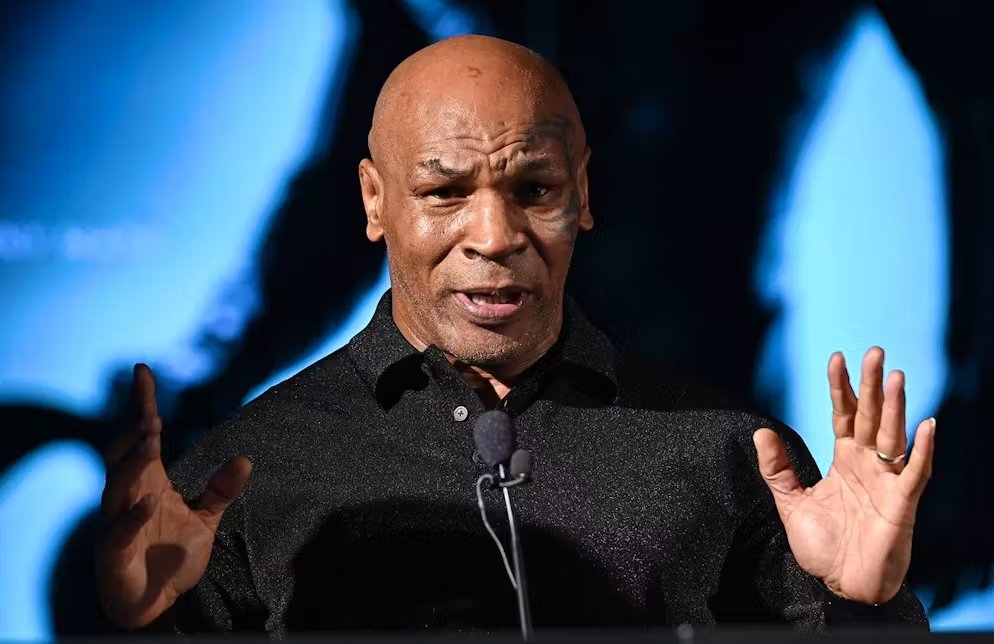
By speaking out decisively, Tyson has taken an important step toward safeguarding that legacy. His willingness to confront the accusations head-on demonstrates courage and leadership, qualities that resonate deeply with fans. Moreover, it reinforces his role as a guardian of the sport, someone who understands the weight of responsibility that comes with being a legend.
The controversy surrounding Tyson and Jake Paul’s bout highlights the urgent need for reform in celebrity boxing. To restore faith in the sport, promoters and organizers must prioritize transparency, implementing measures such as independent oversight committees and stricter regulations for judging criteria. Additionally, fighters themselves must hold each other accountable, fostering a culture of respect and professionalism that transcends personal rivalries.
For figures like Jake Paul, whose success hinges on maintaining credibility, navigating these challenges will be crucial. Collaborating with established legends like Tyson could provide opportunities to bridge the gap between old-school values and new-age innovation. By doing so, they can help ensure that boxing remains a respected and beloved sport for generations to come.
Mike Tyson’s decision to refute the match-fixing allegations marks a pivotal moment in the ongoing evolution of combat sports. While the controversy may fade with time, its impact will linger, serving as a cautionary tale about the dangers of unchecked speculation and the importance of protecting the sport’s integrity. For Tyson, the ordeal reaffirms his status as a pillar of strength and resilience, qualities that define not only his career but also his enduring appeal.
As the dust settles, one thing is clear: boxing thrives on passion, drama, and unpredictability—but it cannot survive without trust. Whether you’re a fan of celebrity boxing or a purist who cherishes the sport’s rich history, the lessons learned from this episode should inspire hope for a brighter, more transparent future. And perhaps, in time, we’ll see fewer accusations and more appreciation for the artistry and dedication that make boxing truly great.
